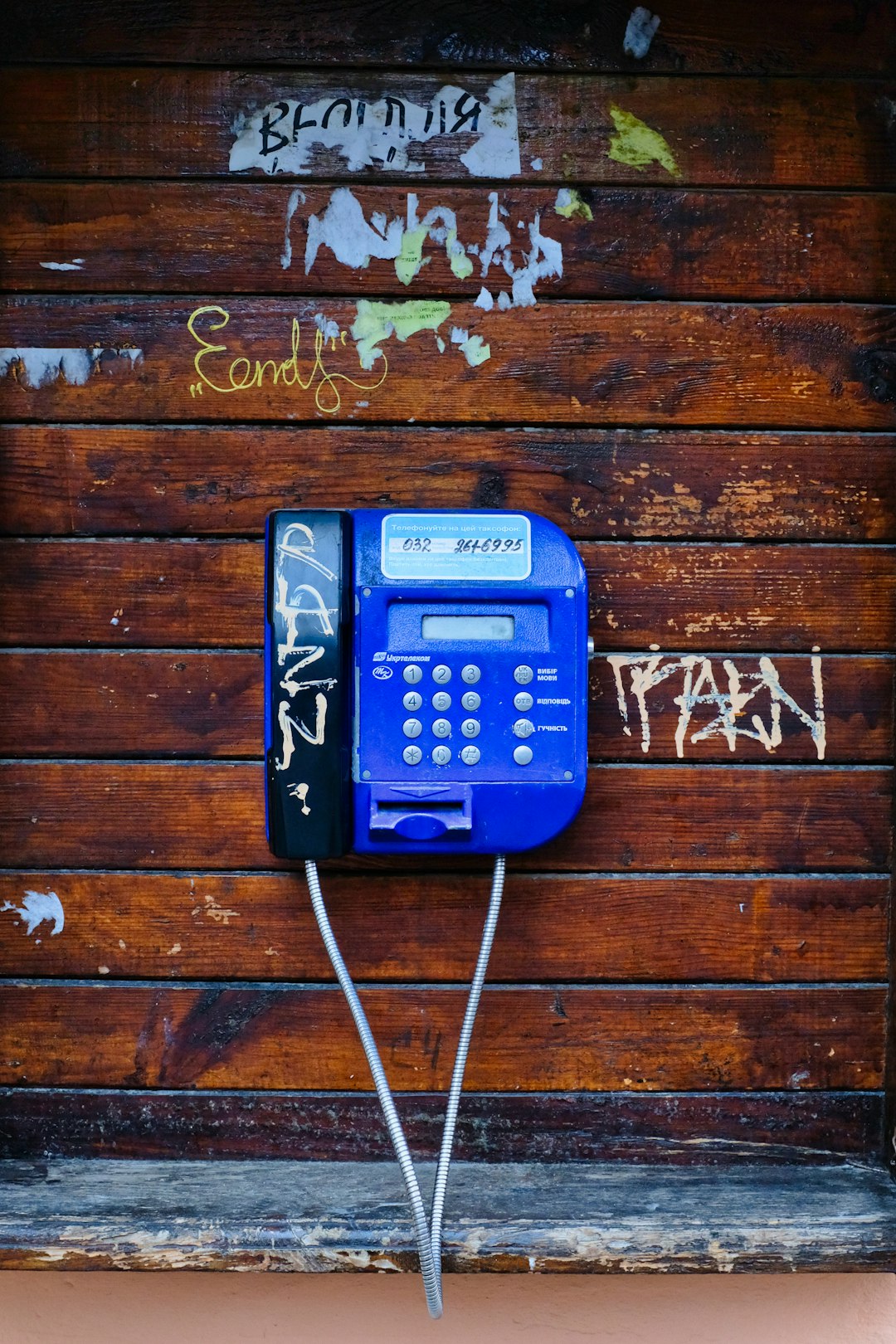In today's digital age, North Carolina students face increasing challenges from robocalls that disrupt learning environments and expose them to inappropriate content or scams. Schools must prioritize education around this issue, integrating cyber safety lessons into curricula to teach students how to identify and block automated calls. Collaborating with local robocall Attorney North Carolina experts, schools conduct workshops and awareness campaigns, empowering students, parents, and teachers to create a safer digital environment while navigating complex legal regulations like the TCPA and state privacy laws.
In the digital age, North Carolina schools face a unique challenge: robocalls. These automated phone calls not only disrupt classroom learning but also pose potential security risks. This article delves into the impact of robocalls on NC students and explores strategies to mitigate them. We examine the role of schools in prevention, legal considerations regarding robocall attorney involvement in education, and effective implementation of mitigation strategies to create a safer, more productive learning environment. Understanding these issues is crucial for safeguarding North Carolina’s youth from unwanted interruptions.
Understanding Robocalls and Their Impact on North Carolina Students

In today’s digital era, students in North Carolina, like many across the country, face a growing nuisance—robocalls. These automated phone calls, often from unknown sources, have become a pervasive issue, disrupting classroom focus and learning environments. With just a few rings, these pre-recorded messages can deliver marketing promotions, political messages, or even fraudulent schemes, leaving students and educators alike frustrated.
The impact of robocalls on North Carolina’s student population is significant. Not only do they cause distractions during school hours, but they may also expose students to inappropriate content or scams designed to target vulnerable individuals. Given the increasing sophistication of such calls, it has become imperative for schools to prioritize education around this issue. A robocall attorney in North Carolina can play a vital role in helping schools understand and navigate these legal implications while empowering students with knowledge about how to recognize and handle such calls effectively.
The Role of Schools in Preventing Robocall Disturbances

In today’s digital era, schools in North Carolina play a pivotal role in educating students about robocall prevention. With the ever-increasing prevalence of automated phone calls, from marketing to fraudulent schemes, students need to be equipped with the knowledge to identify and mitigate these disturbances. Schools can integrate lessons on cyber safety and privacy into existing curricula, teaching students how to recognize suspicious calls and protect their personal information. By fostering digital literacy, North Carolina schools are empowering young individuals to become more discerning consumers of technology, potentially reducing the impact of robocalls on both themselves and their communities.
Moreover, schools can collaborate with local robocall attorneys or cybersecurity experts to organize workshops and awareness campaigns. These initiatives can educate students, parents, and teachers alike about the legal implications of robocalls and best practices for dealing with them. By combining educational efforts with legal insights, North Carolina schools can create a comprehensive strategy to combat robocall disturbances, ensuring a safer and more informed digital environment for all.
Legal Considerations for Robocall Attorney Involvement in Education

In North Carolina, the involvement of robocall attorneys in education is governed by various legal considerations. Schools and educational institutions must adhere to strict regulations regarding privacy and consent when it comes to communication with students and parents. The Telephone Consumer Protection Act (TCPA) is a federal law that plays a significant role, restricting automated calls to personal phone numbers without prior express consent. North Carolina has also enacted its own laws, such as the Wireless Communication Device Act, which further delineates restrictions on robocalls and provides additional protections for consumers.
Educational entities in North Carolina should be aware that involving robocall attorneys in their communication strategies requires careful navigation of these legal frameworks. Schools must ensure they have proper authorization from students and parents before initiating automated calls, and any use of prerecorded messages or artificial voices must comply with TCPA guidelines. Robust internal policies and training on compliance are essential to prevent legal issues and maintain the trust of the school community.
Implementing Effective Strategies for Robocall Mitigation in NC Schools

In the era of persistent robocalls, North Carolina schools are adopting proactive measures to mitigate their impact. Educational institutions are now incorporating robocall prevention education into their curricula, equipping students with crucial digital literacy skills. By teaching young minds about call screening, identifying suspicious numbers, and understanding privacy laws, schools aim to empower students to protect themselves from potential scams or unwanted intrusions.
Moreover, partnerships with local robocall Attorney North Carolina experts can provide valuable insights. These collaborations enable schools to stay informed about the latest tactics used by scammers and share best practices for effective mitigation. Through combined efforts, North Carolina schools are fostering a digital environment that not only educates but also safeguards students from the nuisances of excessive robocalls.






